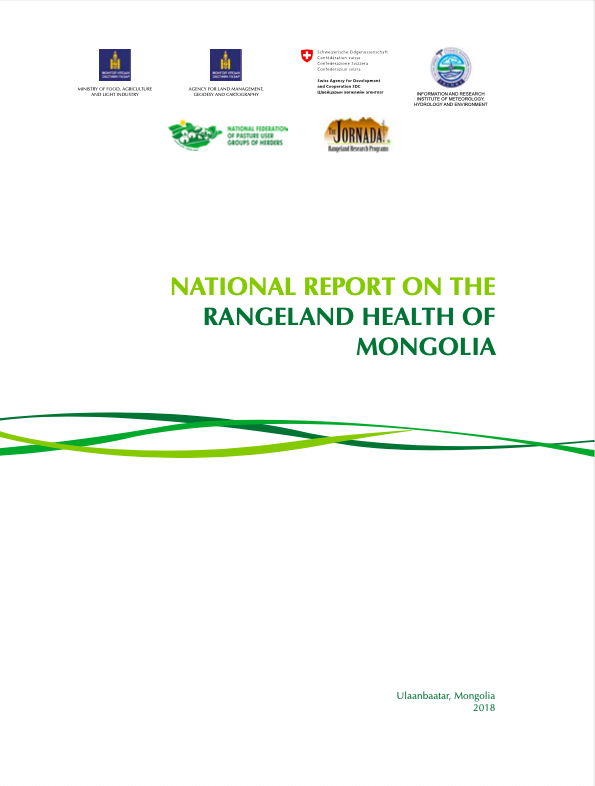Between biodiversity conservation and sustainable forest management – A multidisciplinary assessment of the emblematic Białowieża Forest case
The tension between biodiversity conservation and multipurpose forest management may lead to conflicts. An internationally prominent example is the Białowieża Forest Massif (BFM), an extensive forest complex with high levels of naturalness. We apply a systematic, multidisciplinary assessment process to review empirical evidence on different dimensions of the BFM conflict.


